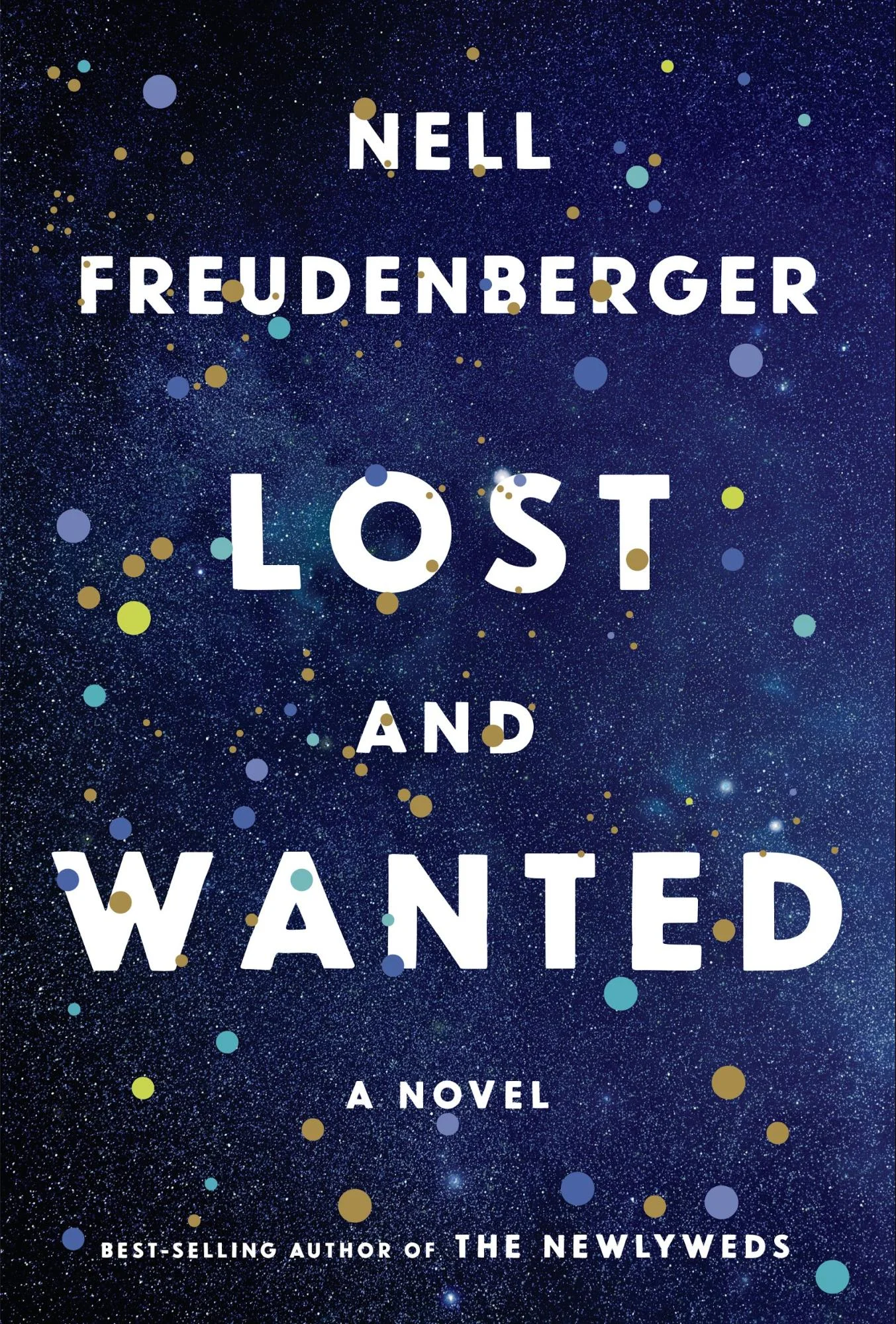by Harris Lahti
The first house I ever worked on with my father was a farmhouse with syringes and beer cans ground down deep in the yard. It was my job to rake them out so as not to ruin the mower. But I ruined the mower anyway when a live shotgun round went off and bent the blade. In response, my father handed me a scythe.













